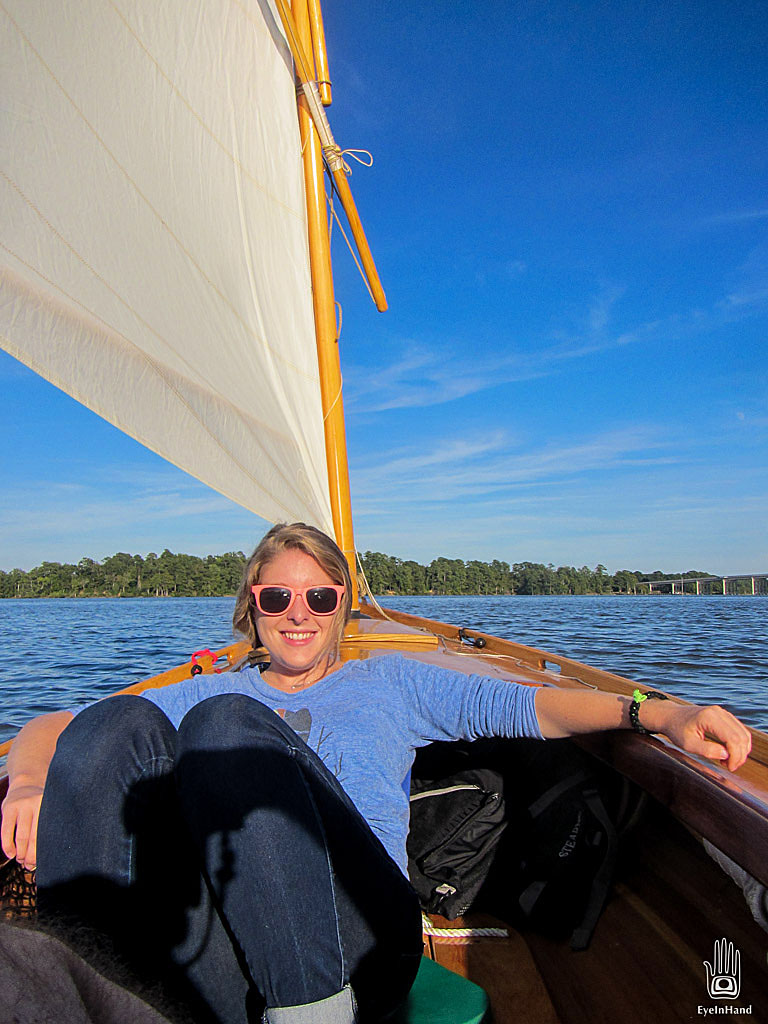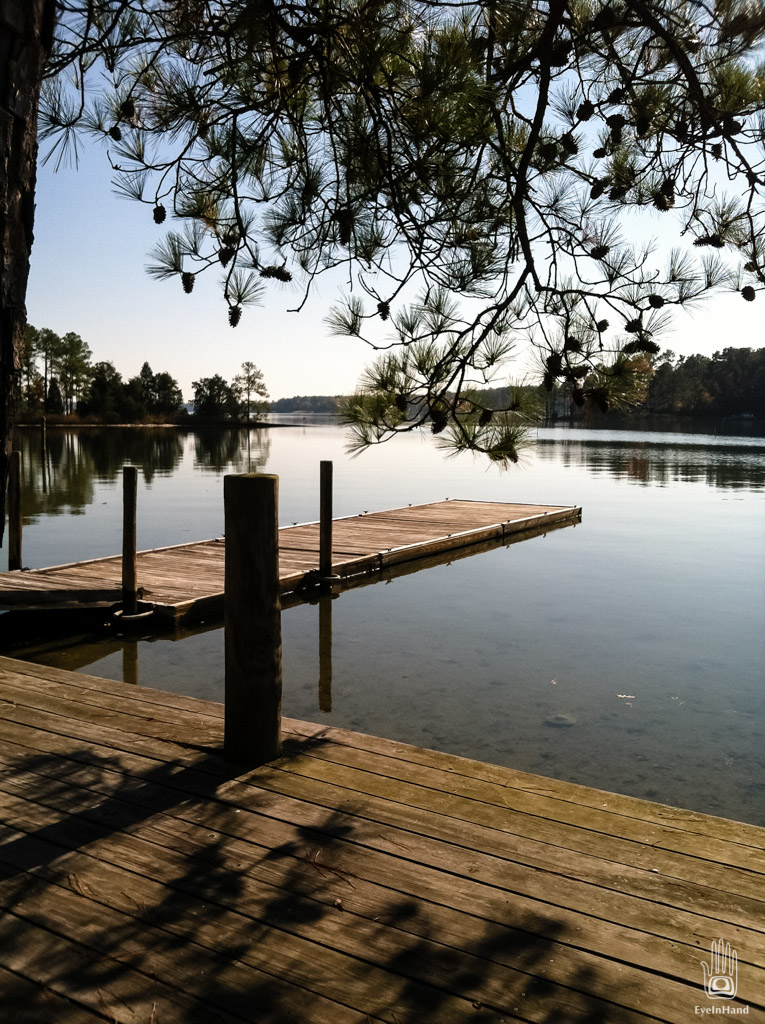My first real job was with the Virginia Department of Conservation. I ran the Chesapeake Bay Youth Conservation Corps. It was a great job. I got to give away money, which is a good job to have, even though I made very little money myself. I learned a lot in those years about how different people – and groups of people – have an effect upon resources in the public domain.
I grew up around Watermen. They were independent people who almost always worked alone, hard, and for long hours. And except for a few exceptional situations – unusual circumstances outside their control, or some new technology at their disposal that tipped the scales unexpectedly, or a technique that proved more destructive than productive – they rarely had a lasting impact on the fisheries. As independent fishermen, the system was brutally but effectively self-regulating. If there were not enough fish to catch, using only the limited crude methods at their disposal, most of them would lose everything and look for work elsewhere. Only the most determined and those willing to live on the most modest means survived to fish another day.
Nobody got rich fishing anymore. Those days were long gone.
But, like many things, that whole equation changes when corporations take over the business of fishing. With vast capital resources at their disposal, and hard science and technology at their fingertips, the equation gets skewed. It’s like a few men with chain saws and teams of horses logging sustainably for generations, because they can’t do otherwise given their tools, compared to heavy equipment hydraulic tree harvesters and helicopters airlifting clear-cut forests out of the mountains to railroads specifically built for hauling logs. It’s a whole different ballgame.
My great uncle James was a cook on a Menhaden ship in a fleet that operated in the Chesapeake out of Reedville. He made an awesome Waldorf Salad. Once they started using airplanes to spot the scattered shoals of fish from the air, scooping up what was once an entire season’s catch of the diminishing fish in a few sets of the net, the whole situation changed from sustainable harvesting to endgame resource extraction. And he quit.
So this story really interests me. It’s a good story, even if you don’t have that background, because it follows parallels in so many areas; because human beings are remarkably consistent in our behavior. But it really speaks to the challenges facing any attempt to regulate any resource management that assumes self-regulation by the interested parties.
180,000 whales killed in the span of a few years. Not back in they heyday of whaling. No, this was when they were already endangered. Killed off the books, and illegally. By just one country’s fleet of three factory ships.
A good read. And worth keeping in mind whenever we discuss fishing quotas, resource management, and basics of human behavior:
The Most Senseless Environmental Crime of the 20th Century
180,000 whales. Gone in just five years.
Now imagine a coal or oil or gas industry making decisions in any way other than those that increase the short term value for shareholders. Or willingly harvesting less Menhaden, or Cod. It’s their job to obfuscate the facts if those facts are inconvenient, just as it’s the job of a horse trader to hide the real age of his mares. Imagine fur trappers leaving pelts for another day, and trusting each other to do the same. Or African ivory, or rhino tusks.
We cannot assume that they are not lying.
Like this:
Like Loading...
 Amanda happy on the Chickahominy
Amanda happy on the Chickahominy 



